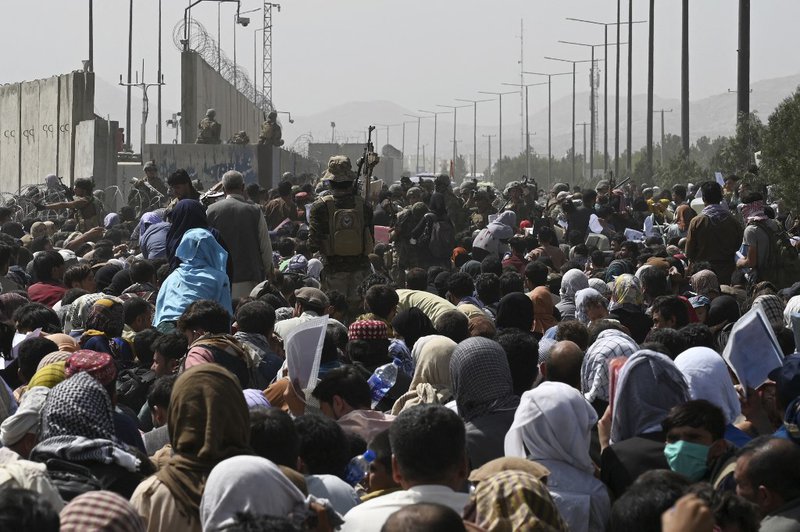“Over 44,000 Afghans approved for relocation to Western nations following the Taliban’s return to power are still stuck in Pakistan, Islamabad confirmed on Thursday.
After the NATO-backed government collapsed in August 2021, more than 120,000 people, mostly Afghans, were airlifted from Kabul in a chaotic evacuation. Since then, hundreds of thousands more Afghans have fled Taliban rule, hoping for new lives in countries involved in their country’s 20-year occupation.
According to Pakistani foreign office spokeswoman Mumtaz Zahra Baloch, three years after the Taliban takeover, there are still 25,000 Afghans approved for relocation to the US living in Pakistan. An additional 9,000 Afghans accepted by Australia, as well as 6,000 by Canada, 3,000 by Germany, and over 1,000 by Britain, are also awaiting relocation.
“We have urged them to speed up the approval and visa issuance process for these countries, for these individuals, so that they are relocated as early as possible,” Baloch told reporters at a weekly press briefing.
Most countries closed their Afghan embassies as Kabul fell, leaving many Afghan migrants stranded in Pakistan while their cases were processed by Islamabad embassies. Many of these Afghans, previously linked to the foreign-backed government, fear reprisals from Taliban authorities.
On Tuesday, Pakistani Prime Minister Shehbaz Sharif pressed UN High Commissioner for Refugees Filippo Grandi regarding the backlog of Afghans awaiting relocation and the large numbers of refugees arriving without onward travel plans.
According to a statement from his office, Sharif emphasized that “the international community must acknowledge the burden Pakistan bears while hosting such a substantial refugee population and demonstrate collective responsibility.”
Since the Taliban’s assumption of power and the implementation of their strict interpretation of Islam, approximately 600,000 Afghans have sought refuge in Pakistan. Millions more had arrived over the preceding four decades, fleeing various conflicts, including the Soviet invasion, civil war, and the US-led occupation post-9/11.
However, since last year, Islamabad has undertaken efforts to expel large numbers of undocumented Afghans amid deteriorating security relations with Kabul. Over half a million have returned to Afghanistan, fearing arrest. On Wednesday, Islamabad announced an extension of the residency rights for registered Afghan refugees for another year, while continuing efforts to repatriate those without proper documentation.”


